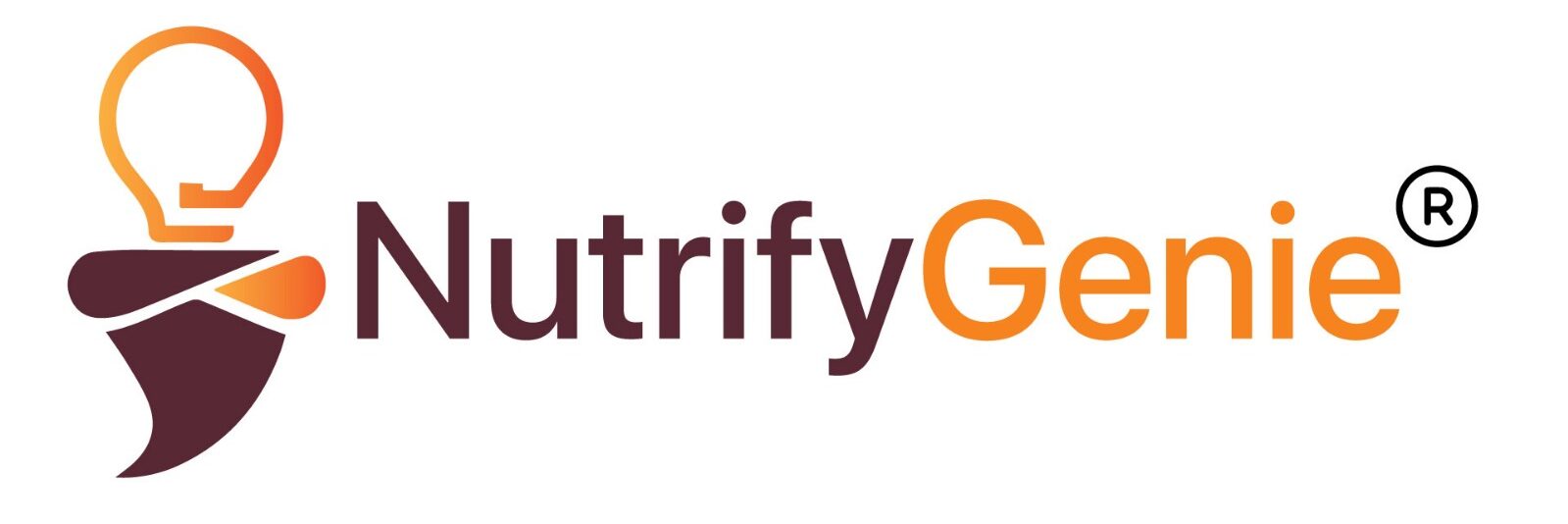A post hoc analysis of a randomized, double-blind NMN trial (300–900 mg/day for 60 days in healthy adults) provides new insight into how blood NAD levels relate to metabolic and hematological health. Participants with higher baseline NAD showed slightly higher hemoglobin, red blood cell count, and mean corpuscular hemoglobin concentration (markers linked to oxygen transport and red blood cell production). This suggests that NAD status may influence erythropoiesis, potentially by supporting mitochondrial energy availability and iron utilization during red blood cell formation.
After NMN supplementation, the increase in NAD levels was associated with further improvements in RBC parameters, reinforcing a possible link between NAD metabolism and iron-dependent pathways. Mild elevations in liver enzymes (ALT, AST) likely reflect increased metabolic activity rather than adverse effects.
From translational perspective, these findings imply that NMN or other NAD-boosting strategies may hold relevance not only for energy metabolism and cellular aging but also for optimizing red blood cell function and systemic oxygen delivery particularly in populations with fatigue, subclinical anemia, or age-related declines in mitochondrial efficiency.
Source : https://link.springer.com/article/10.1007/s11357-025-01968-0


